Starting work on Mobile Disaster Pictographs
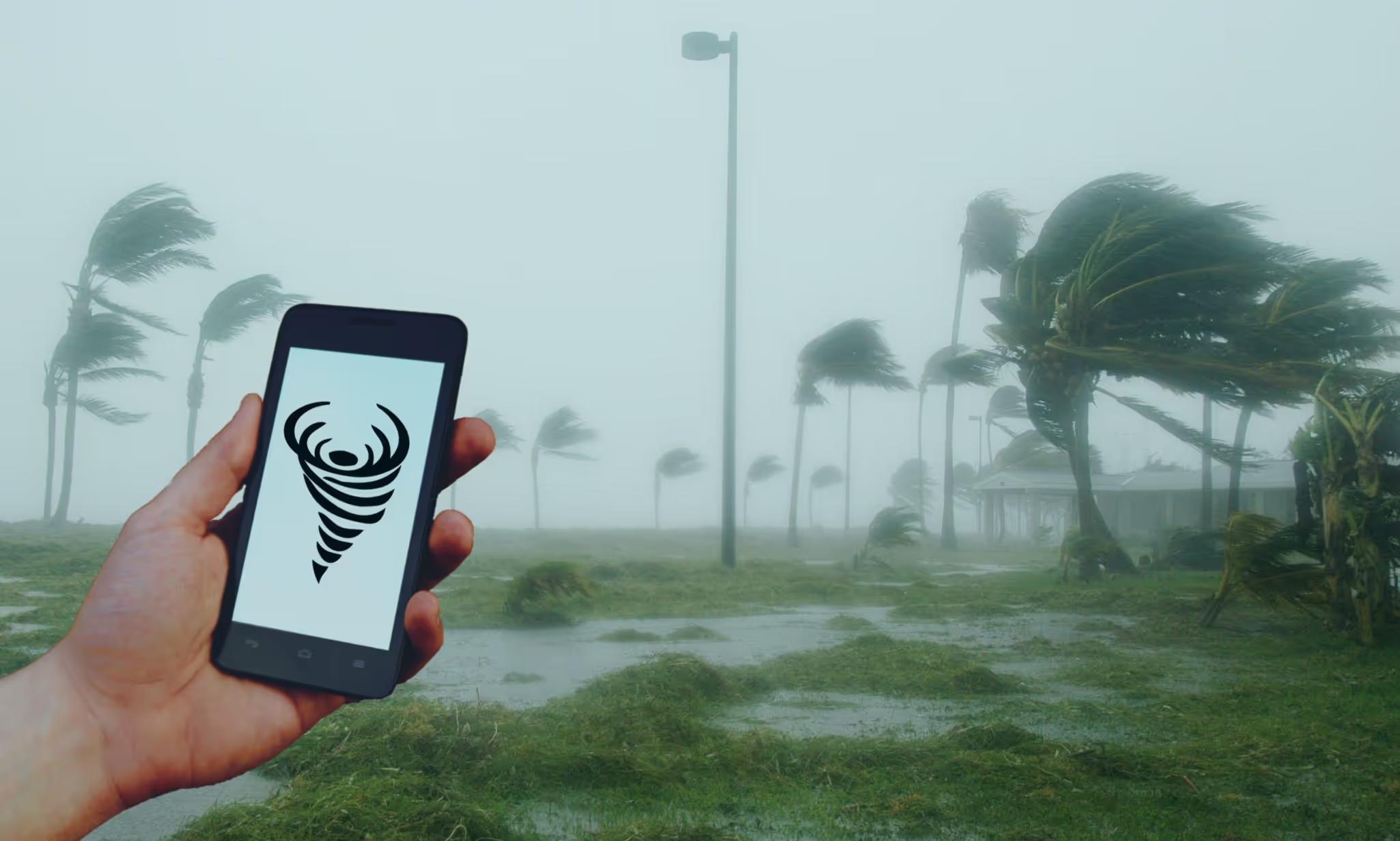
30% of the Asian and Sub-Saharan populations are low-literate – that means, we cannot really reach them through text messages. In the case of disaster communication, we clearly do not want to have those people excluded.
Pictographs come into mind to be used to communicate 'non-textually'. But how should these pictographs look like? How can they be entirely understood? Are they universal enough to reach across cultural borders? How can the pictures indicate the severity of an incident? How can we communicate about actions to be taken? And how does this all go along with mobile devices? These are just a few questions that need to be asked before we can grab a pencil and start drawing.
In the “Mobile Pictographs for Disaster Communication” project, we want to reach a thorough understanding of the challenge of pictographic disaster communication. To avoid basing our research on wrong assumptions, we will start from scratch and find out first what it is that needs to be communicated. We need to understand WHAT is being talked about – and then investigate into ways HOW to do it.
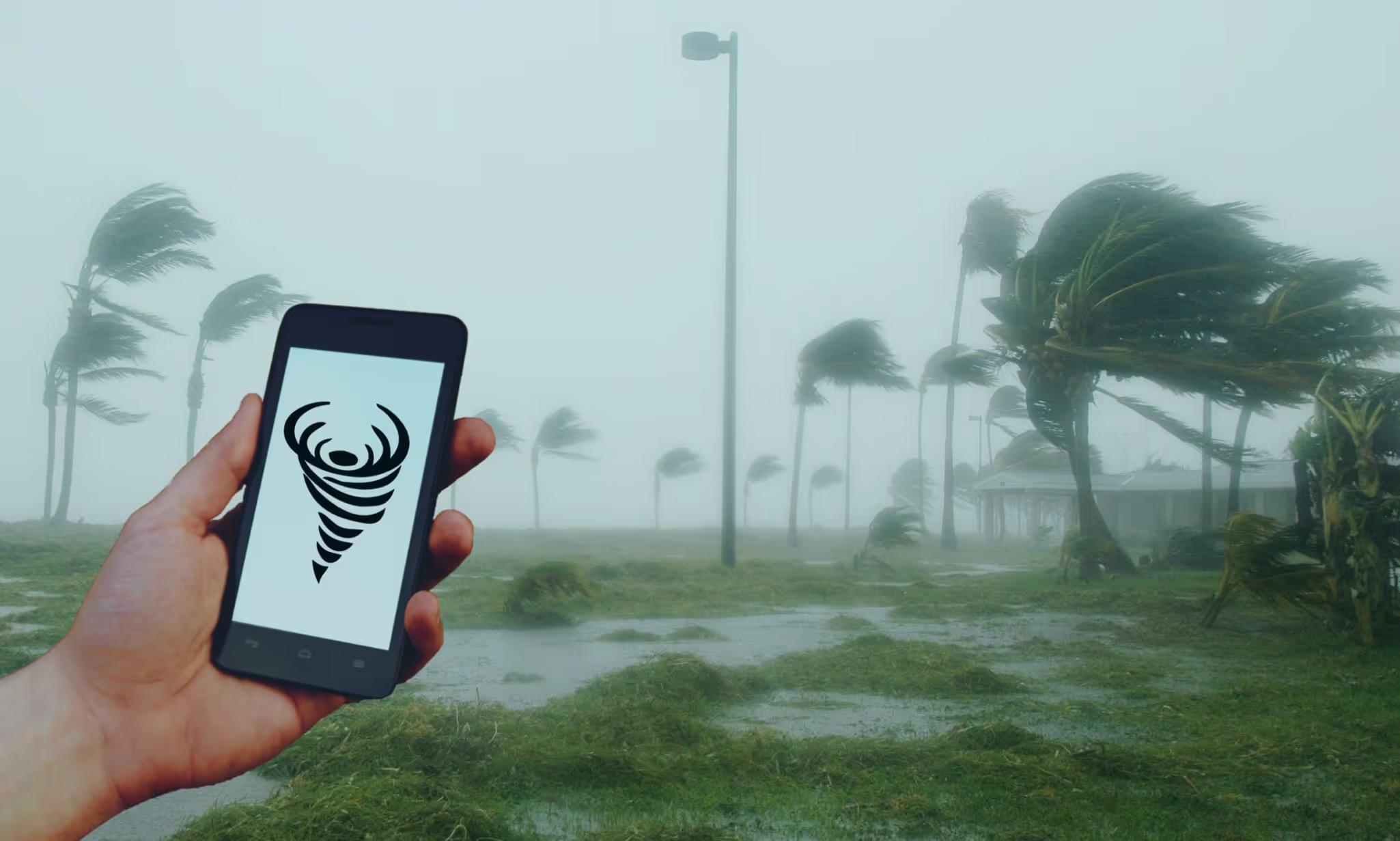
We have just started working and had a first online meeting with all the project partners (Sahana Software Foundation, Microsoft Research India, and ExCiteS@UCL) to plan the next steps. Upcoming, we will meet disaster management practitioners at a workshop in Bangkok in late August to get first answers to the “WHAT” question and collect their experiences in working with pictographs and/or illiterate people.
We are excited to see the work starting and sharing the results. Stay connected!
Stay updated
Sign up for our newsletter to receive regular updates on resources, news, and insights like this. Don’t miss out on important information that can help you stay informed and engaged.
Related articles
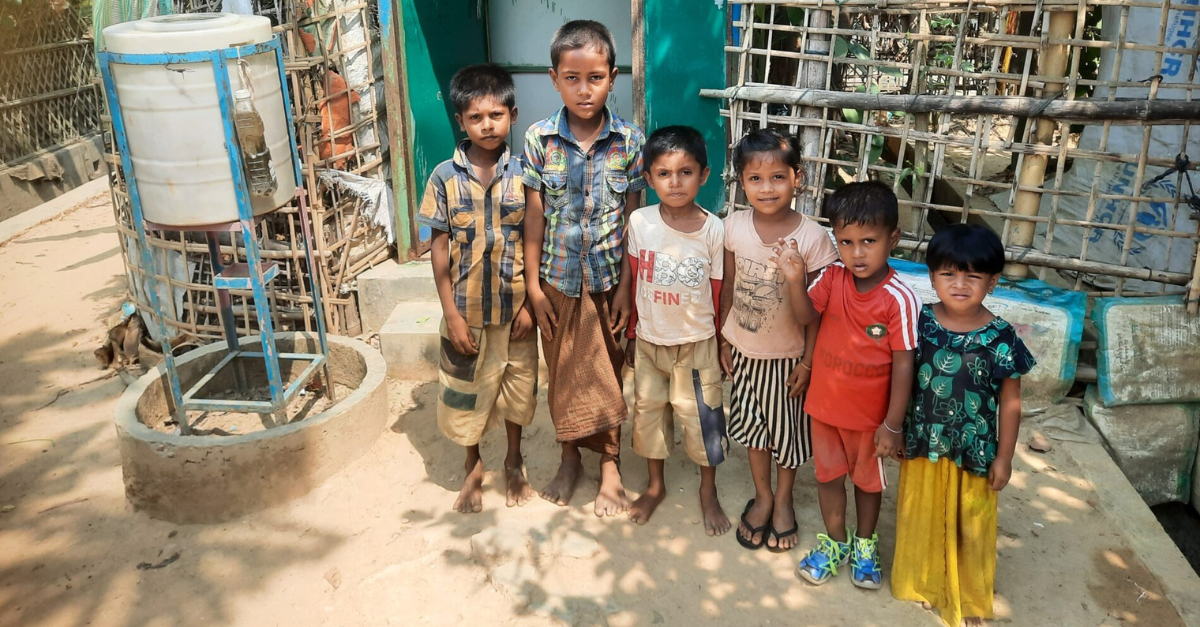
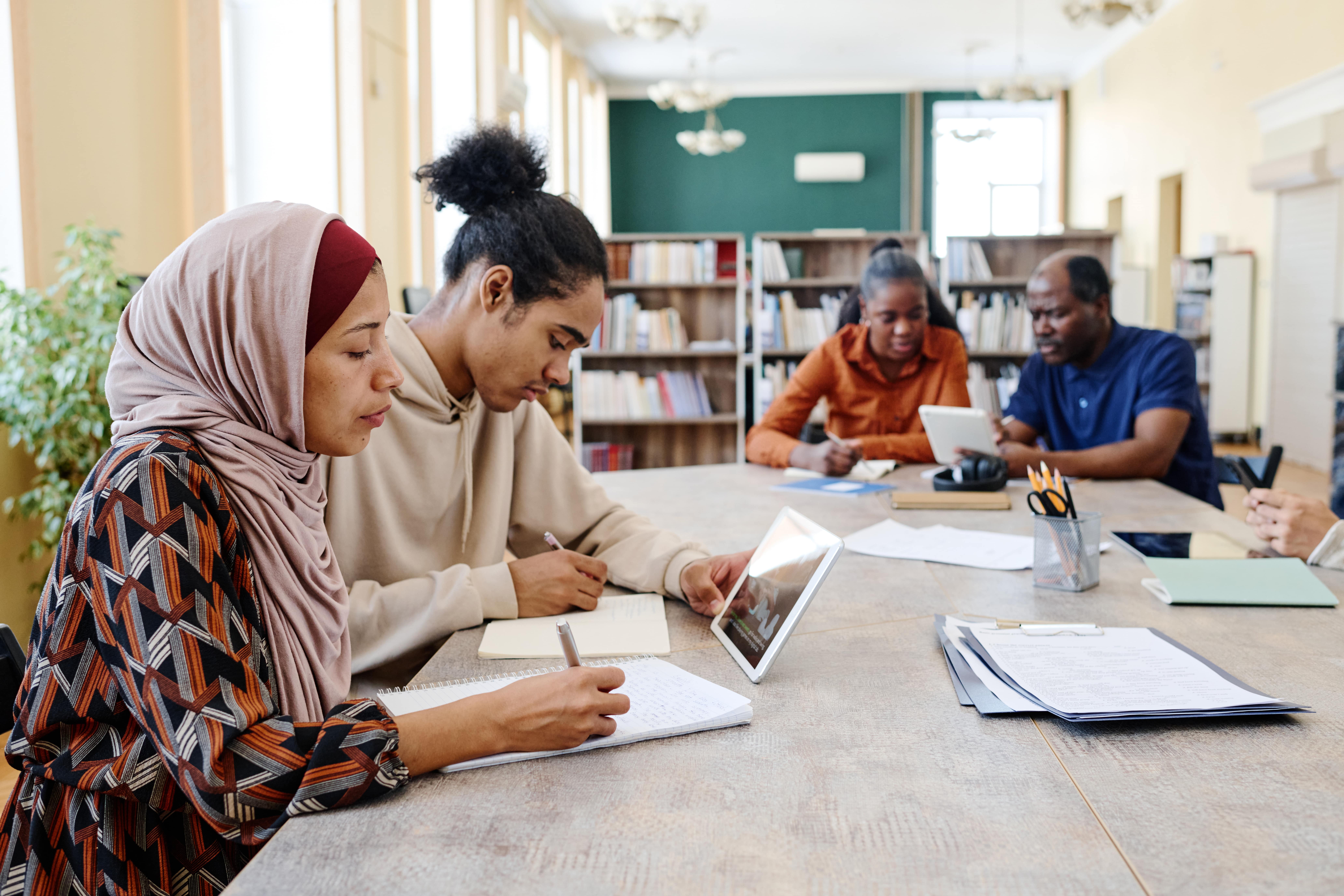
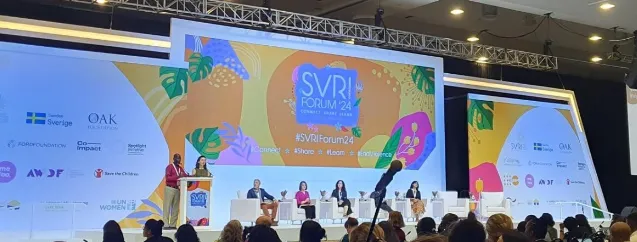
Explore Elrha
Learn more about our mission, the organisations we support, and the resources we provide to drive research and innovation in humanitarian response.